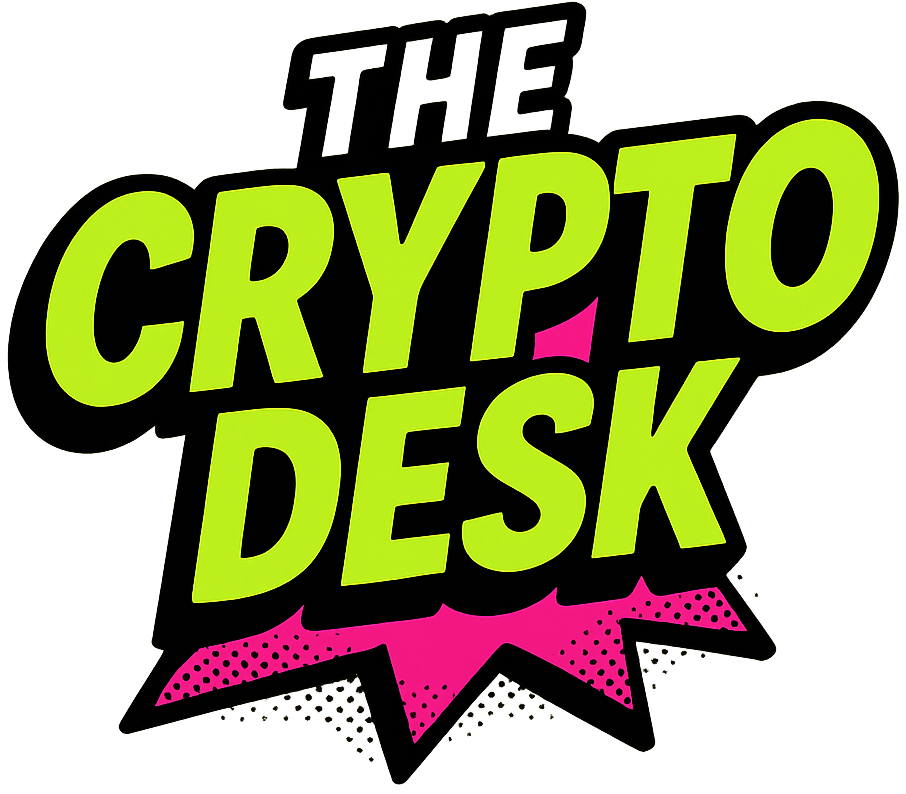Beware: New Phishing Scams Target Ledger Wallet Owners
In an unsettling twist in the cryptocurrency landscape, many owners of Ledger hardware wallets have reported falling victim to a sophisticated phishing scheme. This wave of scams exploits trust and fear, aiming to deceive users into unwittingly revealing their highly sensitive seed phrases. A notable tech analyst, Jacob Canfield, brought this alarming trend to wider attention on April 29 through a warning posted on X, sharing a counterfeit letter that mimic Ledger’s official communications.
The Deceptive Tactics Behind the Scam
Picture this: you receive a seemingly official letter from Ledger, your trusted hardware wallet provider. It contains the company’s logo, a legitimate return address, and a reference number—elements curated to establish authenticity. The message within, however, is a wolf in sheep’s clothing. It urges you to perform a “critical security update” by scanning a QR code and, most concerningly, entering your 24-word recovery phrase.
This con artist’s ploy heightens pressure with stark warnings that failing to comply would result in restricted access to your funds. This intimidation technique is designed to create urgency, pushing unwary users toward making dangerous decisions.

Ledger’s Response: Standing Firm Against Phishing Attempts
Upon learning about the fraudulent letter, Ledger promptly confirmed its bogus nature. In a direct acknowledgment to Canfield’s warning, the company reiterated, “Ledger will never ask for your 24-word recovery phrase.” They stressed the importance of skepticism when it comes to unsolicited messages, urging users to be vigilant against impersonators and scams. After all, your seed phrase is the key to your digital vault; handing it over can lead to devastating financial losses.
Tracing the Origin: A Data Breach Resurfaces
The recent wave of scams has led some within the cryptocurrency community to speculate that these efforts may be interconnected with Ledger’s notorious 2020 data breach. In this incident, personal data from over 270,000 users—including names, email addresses, and home addresses—was leaked online. Instances of phishing attacks surged following this breach, including a dubious scheme involving tampered Ledger devices that were mailed to unsuspecting victims, laden with malware.
This recent mailing scam underscores just how far-reaching the implications of such data leaks can be in the crypto space, showcasing that repercussions can linger for years.
Phishing in the Broader Crypto Ecosystem
But Ledger isn’t the only target. In March, users from notable exchanges like Coinbase and Gemini reported receiving fraudulent emails that were impressively sophisticated. These emails misled users about a fictitious class-action lawsuit against Coinbase, claiming they must transfer their assets to self-custody wallets by a certain deadline—April 1, 2025. This mass phishing campaign adds layers of deceit, exploiting users’ concerns about asset safety into a desperate scramble.
According to a report from Immunefi, the first quarter of 2025 has been devastating for the crypto ecosystem, with losses tallied at an astonishing $1.6 billion across various incidents. This quarter has marked the worst in recent history regarding hacks, primarily driven by just two major attacks on centralized exchanges—Phemex and Bybit.
The Harrowing Statistics: A Crypto Crisis
The stark difference in numbers from Q1 2024, where losses summed up to around $348 million, is alarming. This year’s figures show a staggering 4.7-fold increase in financial losses. Experts speculate that renowned hacker groups, like North Korea’s infamous Lazarus Group, are significantly behind these orchestrated attacks, having raided $1.52 billion, equating to an astonishing 94% of total losses.
Conclusion: Stay Informed, Stay Safe
With the shadow of scams looming larger over the cryptocurrency community, it’s imperative for users to remain informed and vigilant. Do not let fear drive you into hasty decisions—always verify any claims and remember that legitimate companies will never ask for your private keys or recovery phrases.
As crypto enthusiasts, we must band together to share knowledge and protect each other from these deceitful tactics. Have you or someone you know experienced phishing scams? Join the conversation below and let’s keep our digital assets secure!

